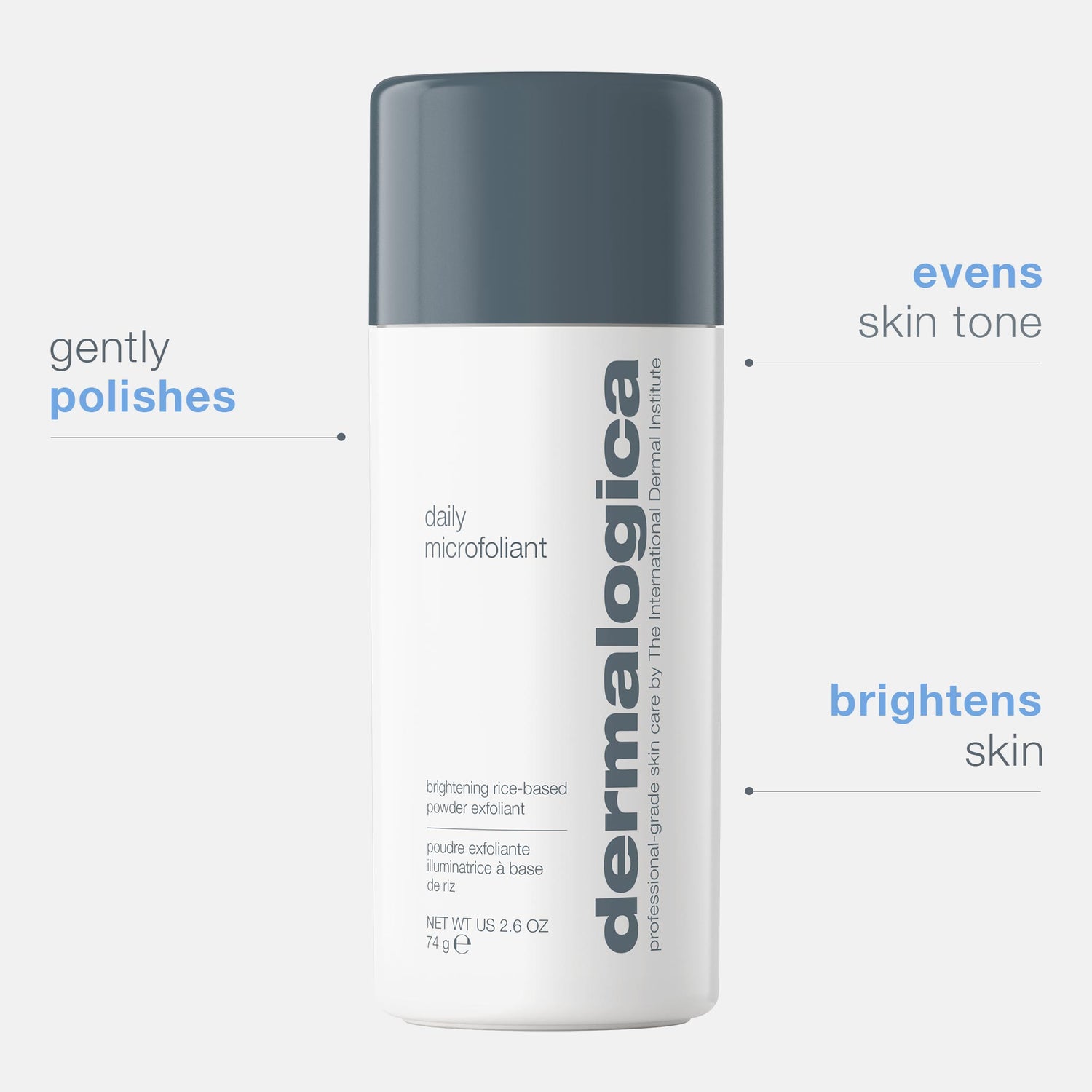
Physical vs Chemical Sunscreen
Here are facts you need so you can choose the best sunscreen for your skin.
Story Highlights
The Benefits of Physical Sunscreen
Physical sunscreen, also called mineral sunscreen, sits on top of the skin. Most physical sunscreens leave a white or tinted residue, but newer formulas like Invisible Physical Defense SPF30 have been made ultra-sheer to help prevent the chalky effect. This makes them suitable for all skin tones.
To identify this type of sunscreen, look for the words "mineral," or "physical," as well as active ingredients like Zinc Oxide or Titanium Dioxide.
Physical Sunscreen:
- Helps protect against UVA and UVB rays
- Protects as soon as it’s applied – there's no need to wait before exposing skin to daylight
- Is generally comfortable for all skin types and conditions, particularly sensitive skin
The Benefits of Chemical Sunscreen
Chemical sunscreens use ingredients that absorb into skin and transform UV rays into heat. This type of sunscreen tends to be popular because it feels light and absorbs well. Sensitive skins may not tolerate this type of sunscreen.
Chemical sunscreen:-
Helps protect against UVA and UVB rays
-
Needs time to absorb – 15 to 30 minutes – before exposing skin to daylight
-
Is generally comfortable for most skin types and conditions
-
Tends to be more water and sweat resistant
We have a range of different SPFs to help with not only protecting your skin but also targeting your skin concerns from ageing to breakouts. Take a look at a few of our chemical sunscreens.
Broad Spectrum moisturiser helps combat the appearance of skin ageing.
Add critical UVA and UVB defence to your moisturiser or foundation with this Broad Spectrum sunscreen for all skin conditions.
Light-activated multitasking moisturiser provides broad spectrum defence while preventing future signs of skin damage.
This broad spectrum sunscreen helps prevent shine and skin ageing on oily, breakout-prone skin.
what sunscreen to use
It all comes down to which formula you like wearing the most. At Dermalogica, we believe any sunscreen is better than no sunscreen to help protect your skin from UV damage. That’s why we offer a variety of SPF moisturizers and sunscreens that suit different skin types and lifestyles.
To find out which formula is right for you visit: www.invisiblephysical.com where you’ll be guided through a three-step process that will generate a custom skin protection plan for your day.
Or chat directly with Tara via live chat or book a 1-2-1 virtual consultation with face mapping.


